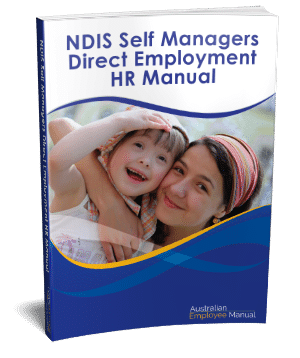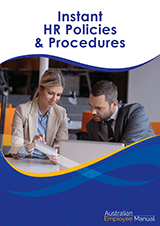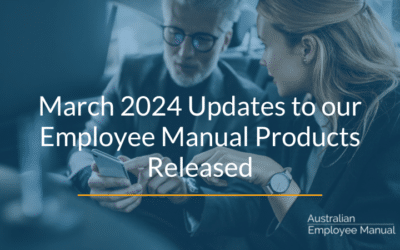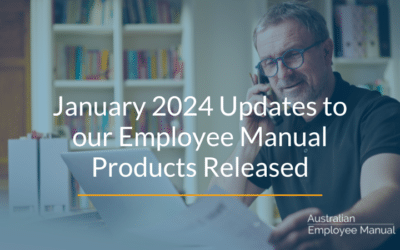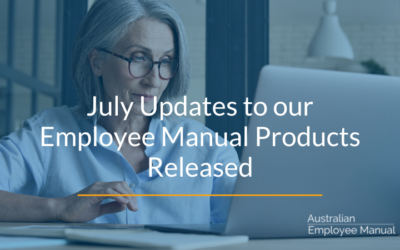With the move to the NDIS, people with disabilities and their carers now have choice and control in how you are supported. You can now choose who you want to support you and can refuse to accept support that doesn’t benefit you.
The options can be overwhelming, and it can be hard to work out which option is best for you and your personal situation.
One analogy that may help when making your choice is that choosing the type of support you want is similar to choosing transport options.
Trains or buses are similar to fully agency managed options.
You have to work around them and their processes/schedules, but they do get you from point A to point B. You have no responsibilities towards the train/bus drivers. You just use the service, and the agency manages all the paperwork relating to hiring, training, payments etc.
Taxis or Ubers are similar to online support platforms/agencies.
With a taxi or Uber, you use an app or phone to request a specific service. They send a driver who takes you from your address to where you need to go.
Mostly, they are on time and deliver a good service, but there is variance in who you are sent, their level of skill and their experience.
You get a general say in the type of car you are sent (e.g. premium or standard) and the price varies according to your choice.
You have no responsibilities towards the drivers. You just use the service, and the agency deals with all of the paperwork relating to hiring, training, payments etc.
Hiring a car is similar to hiring an independent support worker.
If you decide to hire a car so you can drive to where you need to go, you have more control over the type of car you are hiring, and where you can travel in the hire care.
However, you are also responsible for more things – petrol and repairs if the car is in an accident unless you take out additional insurance.
You are also required to comply with the road rules when driving the car and are liable for any breaches that you may make when driving the car.
However, the car is not exclusively yours, so you need to work around its availability and any rules the hire company may put in place around its use.
Hiring independent support workers is not as simple as it sounds. You need to make sure they are genuinely in their own business, and your agreement with them is not a “sham contract” under the Fair Work arrangements, the ATO and Workcover.
Owning and driving your own car is similar to direct employment.
When you own your own car, you are responsible for its purchase, registration, petrol, maintenance and insurance.
You need a driver’s license to drive the car. The road rules apply to you from the first moment you sit behind the wheel of a car. Before you get your license, you need to understand the road rules and have practised on the road before you sit a test showing you know what you are doing.
In the early days of learning to drive, you will make mistakes and often will over-correct or under-correct your steering. It takes practice before you are a confident and safe driver.
Direct employment is the same as opening a business and employing your first worker. From the moment you hire your first person, you are bound by all the legal rules and responsibilities that cover employees in Australia.
How do you choose?
Always start by talking through what is available with your Local Area Coordinator.
Choosing the type of NDIS support you want means you need to weigh up your willingness, time availability and ability to take control over decisions, and your capacity to manage the responsibilities that different levels of support require.
Choosing direct employment gives you the most control, but it also comes with the greatest level of responsibility and management skill.
If you choose to direct employ, then our NDIS Self Managers Direct Employment Manual will help with your compliance side of things. It was written in consultation with a number of LACs and service providers and doesn’t shy away from the complexities involved.
Whatever you choose, for now, remember you can always choose a different option later as your confidence and skill changes. You are no longer locked into one form of support, so know your options and choose what is right for you.
